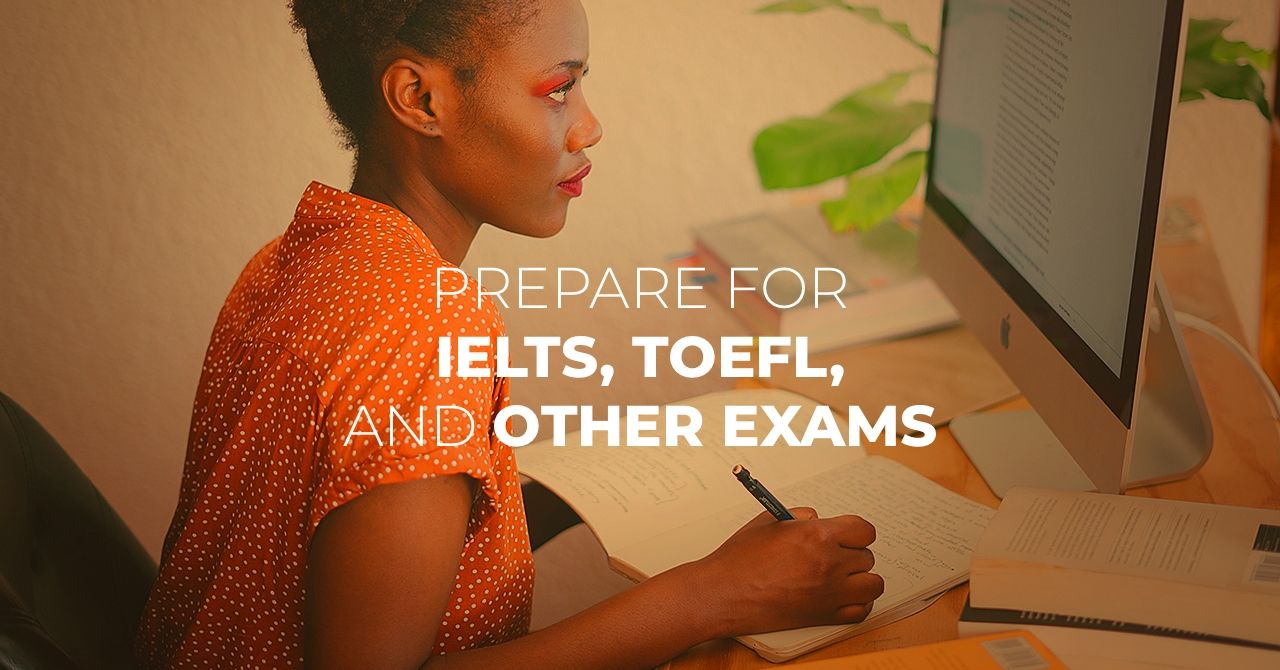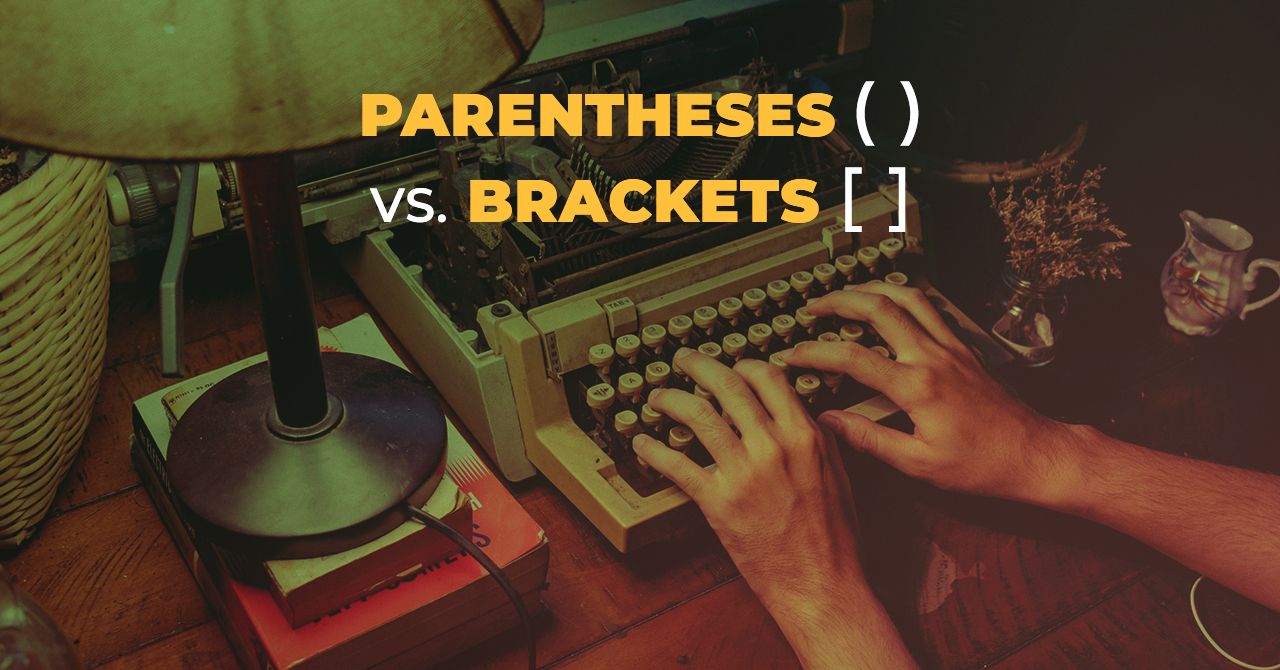LiveXP Blog
Develop yourself by learning new skills with LiveXP. Grow with us!

The Meaning, Origin, and Use of “Getting Down to Brass Tacks”
We use “getting back to brass tacks” to invite someone (or ourselves) to get down to business and start solving core issues.

Meaning and Origin of “Yeah,” “Yeah,” and “Yay”
Could you say “yeah” or “yea” where you mean “yes”? Yeah! You can, but not all the time.

Passing IELTS, TOEFL, and Other Exams: 5 Tips To Help You Prepare
After thoroughly understanding the format, structure, criteria, and other necessities for passing the exam, you need to plan your learning journey.

When to Use Parentheses vs. Brackets in Your Writing
Brackets are punctuation marks used in writing and mathematics to enclose words, numbers, or symbols. The purpose of brackets is to separate the enclosed words and figures from the rest of the sentence or equation.

Animal Explanation of Adjectives Ending in “-ING” and “-ED”
When we try to understand the endings of -ed and -ing, we usually end up in a situation where we can’t make a difference between these two, even if it has been explained to us in detail.

How to Distinguish between “的,” “地” and “得” in Chinese
“的,” “地” and “得” are the three most common structural particles in Chinese, and they are all pronounced as “de,” so it is difficult for many Chinese learners to distinguish them, and even many Chinese students can not distinguish them correctly.

What are Compound Words and How to Use Them Correctly?
A compound word, or just a compound, is a word formed by joining two or more words together that create a new meaning.

What is LR Syndrome and How to Build Proper Pronunciation
LR syndrome—a defective pronunciation of the r sound and substituting it for another sound especially the l sound (LR syndrome).